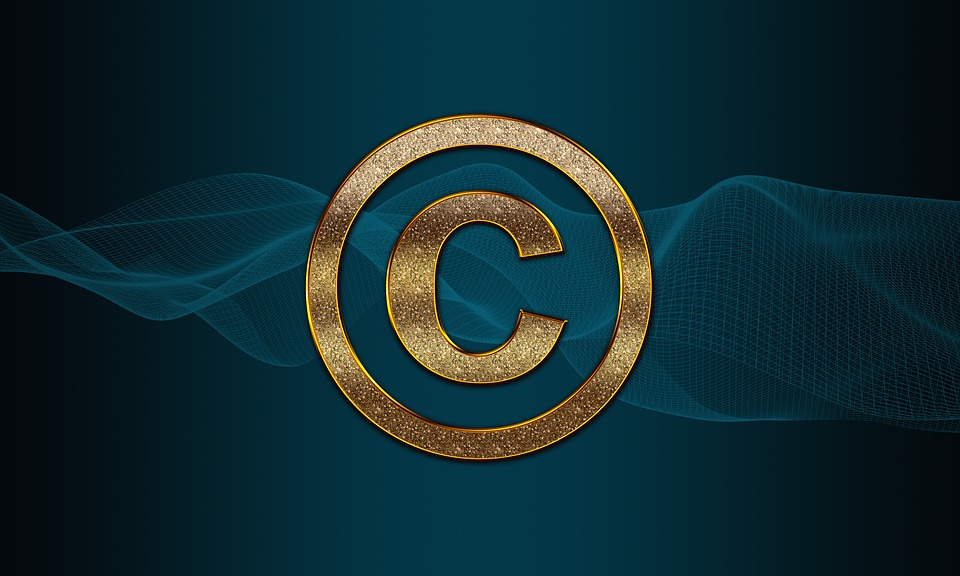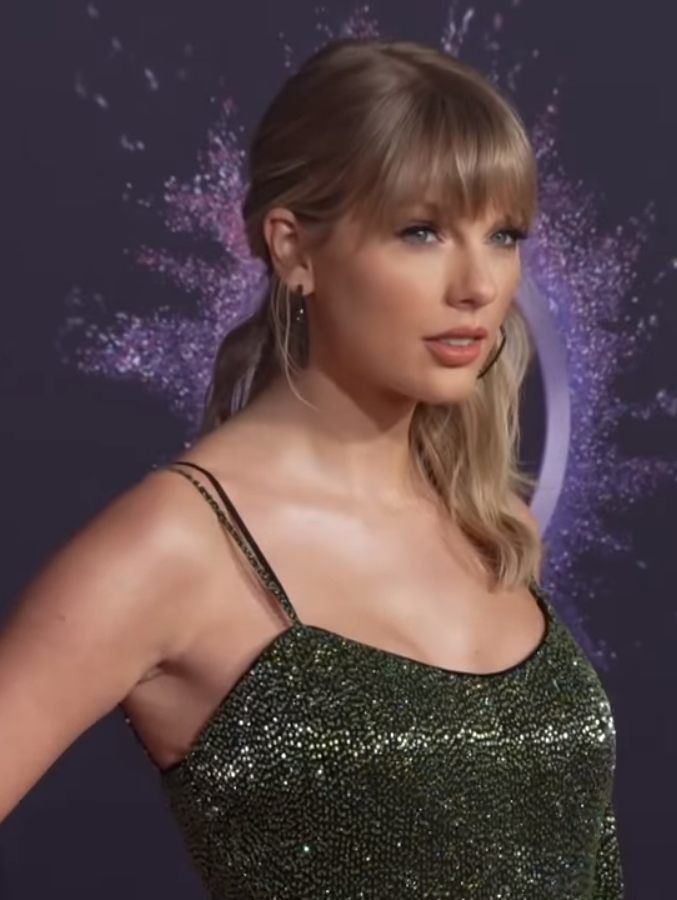By: Michael Goodyear
A constant complaint about American courts is the slow speed and high cost at which they operate. In the realm of copyright, Congress is trying to create a faster, cheaper way to litigate copyright infringement claims through the Copyright Alternative in Small-Claims Enforcement (CASE) Act of 2019. But while the CASE Act seems to promise all that Congress wants, it also, at least in its current form, creates perverse incentives that would only encourage unsubstantiated claims without solving the underlying issues.
Introducing the CASE Act
On October 22, the revised CASE Act of 2019 passed a vote in the House by 410-6.[1] The CASE Act proposes to add a new Chapter 15 to Title 17 of the United States Code, the section of U.S. law that addresses copyrights.[2] The CASE Act would establish an alternative claims commission, the Copyright Claims Board, which parties in a copyright suit could opt to use. Having the Board adjudicate your claims instead of a federal court, as is the only option at present, would occur solely through voluntary participation.[3]
The Board would be composed of three Copyright Claims Officers serving for six-year terms appointed by the Librarian of Congress, who, it should be noted, does not have a legal background or a law degree, although she is advised to consult with the Register of Copyrights, who does.[4] However, the CASE Act does require that the Officers have at least seven years of experience and that at least two have substantial experience working on evaluating, litigating, or adjudicating copyrights, with the other Officer at least having substantial familiarity with copyright law and alternative dispute resolution.[5] The Register is also supposed to hire Copyright Claims Attorneys to assist the Board.[6]
The Board would adjudicate civil copyright claims and render awards of monetary relief or injunctions.[7] The Board can judge any case of infringement of a § 106 right of the copyright owner, a claim for a declaration of noninfringement, a § 512(f) claim for misrepresentation in connection with a takedown notice, or a counterclaim or defense.[8] The award of damages at the end, however, will be lower than the statutory damages available in a federal court under the Copyright Act, which could be as high as $150,000 per infringing use.[9] The Board can award either actual damages or statutory damages, which are capped at $15,000 per infringing use for works that are timely registered under § 412 of the Copyright Act.[10] In addition, a party may not receive more than $30,000 in any single proceeding before the Board, which puts a significant cap on the amount of damages.[11] However, the CASE Act makes two important distinctions: (1) authors who have not timely registered can still receive up to $7,500 per infringing use in statutory damages, while under the Copyright Act such authors did not have rights to any statutory damages; and (2) the Board cannot consider whether the infringement was willful or not.[12]
Perils Behind the Bill
The CASE Act would appear to create a cheaper, faster adjudicatory forum for copyright cases while also lowering the stakes in the decrease in the amount of statutory damages. Yet the CASE Act raises concerns related to fair jurisdiction, incentives for copyright trolls through more accessible statutory damages and default judgments, and extremely limited appeals options.
The first concern is related to jurisdiction and access to defendants. Many of the defendants in copyright infringement cases are unsophisticated, and the CASE Act would bind them to a non-judicial decision in Washington, D.C., regardless of where the supposed infringement took place. It is true that proceedings before the Board can be done via the Internet or phone; there is no in-person requirement.[13] However, having a far away determination instead of a local one can still be a confusing process for defendants, especially ones who unknowingly engaged in copyright infringement. This is compounded by the fact that acquiring jurisdiction over a defendant is done through an opt-out system rather than an opt-in system. If the respondent does not opt-out within sixty days of receiving notice, they lose the opportunity to have a federal court decide the copyright suit and also lose the right to a jury trial.[14]
The second issue is that the CASE Act would create new incentives for those merely pursuing cash settlements rather than serious copyright infringement cases, the so-called copyright trolls. While the statutory damages amount has been substantially lowered from $150,000 per infringement to a maximum of $30,000, that is still a large amount for most Americans, which could continue to inspire copyright trolls to cow defendants into submission for a quick settlement.[15]In addition, unlike the Copyright Act, the CASE Act would allow statutory damages even for those works that were not registered with the Copyright Office before the infringement occurred, which could open a whole new range of targets for copyright trolls, especially when the copyright information is not clearly indicated on a work.[16]
The opportunity for copyright trolls is only expanded by the use of default judgments. If the respondent does not respond, a default judgment may be issued against them, which may lead to the awarding of damages without their participation.[17] Federal governments are cautious about granting these in copyright cases, especially with unsophisticated defendants, but the CASE Act imposes no such concern on the Board.[18]
Also important is that, under the CASE Act, a copyright holder can request a subpoena to identify Internet subscribers, even without stating a plausible claim, which could expose many millions more to the gaze of copyright trolls.[19] Federal court protections would not apply because the Copyright Claims Board would be a separate entity.
Finally, if a party disagrees with the Board’s determination, there are few options open to them. A party may request reconsideration of a decision by the Board within thirty days.[20] However, judicial review by a federal court is extremely curtailed and only allowed in rare circumstances such as if the determination was issued due to fraud or other misconduct.[21] This is especially problematic when many of these cases turn on a fair use analysis, the exact determination of which has varied from court to court, leaving us few hard and fast rules which the Board could employ in this legal quagmire. This could be even worse for smaller claims. The Copyright Office is given full sway over claims worth $5,000 or less, which means it can establish whichever procedures (or lack thereof) it wants for these claims.[22]
Built-In Protections?
The CASE Act seems to contemplate the possibility of copyright trolls. It sets up rewards of attorneys fees and costs as well as limitations on the number of proceedings and on bad faith conduct.
The CASE Act does require the Board to award costs and attorneys fees if the plaintiff is engaging in behavior akin to a copyright troll. If an attorney engages in bad faith conduct such as harassment, another improper purpose, or a claim without a reasonable factual or legal basis, the Board must award reasonable costs and attorney’s fees to the adversely affected party.[23] However, this amount is capped at $5,000.[24]
The Act also addresses limiting excessive use of the Board. The Register of Copyrights can establish a limitation on the number of proceedings allowed before the Board each year by the same claimant.[25] Perhaps more importantly, if an attorney engaged in bad faith conduct more than once during a twelve-month period, the Board shall bar that attorney from initiating any claim in front of the Board for a period of twelve months.[26]
Danger at the Door
The CASE Act is now in front of the Senate to decide its fate. It passed the House with overwhelming support, even during an era of unprecedented partisanism. It is therefore reasonably likely that the CASE Act may come to be part of U.S. copyright law. Indeed, the Copyright Claims Board would begin operating one year after the CASE Act is enacted.[27]
Yet the protections provided by the CASE Act to combat copyright trolls are limited and weak compared to the challenges posed by the CASE Act itself. While a cheaper, faster way to arbitrate copyright disputes may be the right move, the CASE Act, in its current form, does too little to stop the problem of copyright trolls that it is only encouraging.
[1] H.R. 578, 116th Cong. (2019).
[2] Copyright Alternative in Small-Claims Enforcement Act of 2019, H.R. 2426, 116th Cong. (2019) [hereinafter CASE Act].
[3] Id. at § 1504(a).
[4] Id. at § 1502(b)(1), (5); About the Librarian, Library of Congress, https://www.loc.gov/about/about-the-librarian/ (last visited Nov. 2, 2019); Karyn A. Temple, Copyright.gov, https://www.copyright.gov/about/leadership/karyn-temple.html (last visited Nov. 2, 2019).
[5] Id. at § 1502(3).
[6] Id. at § 1502(2).
[7] Id. at § 1503(a).
[8] Id. at § 1504(c).
[9] 17 U.S.C. § 504 (2012).
[10] CASE Act, supra note 1, at § 1504(e).
[11] Id. at § 1504(E)(1)(D).
[12] Id. at § 1504(e).
[13] Id. at § 1506(c).
[14] Id. at § 1506(g)(1), (i).
[15] See Letter to House Judiciary Committee Opposing the CASE Act (Apr. 26, 2018), https://www.eff.org/document/letter-house-judiciary-committee-opposing-case-act.
[16] See id.
[17] CASE Act, supra note 1, at § 1506(u).
[18] See Letter, supra note 15.
[19] CASE Act, supra note 1, at § 1503(a)(2); see Letter, supra note 15.
[20] CASE Act, supra note 1, at § 1506(w).
[21] Id. at § 1508(c)(1).
[22] Id. at § 1506(z).
[23] Id. at § 1506(y)(2).
[24] Id.
[25] 17 U.S.C. § 504(g) (2012).
[26] CASE Act, supra note 1, at § 1506(y)(3).
[27] Id. at sec. 3.




